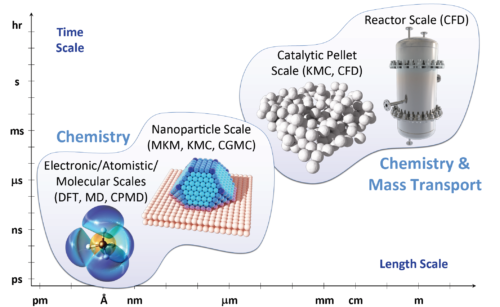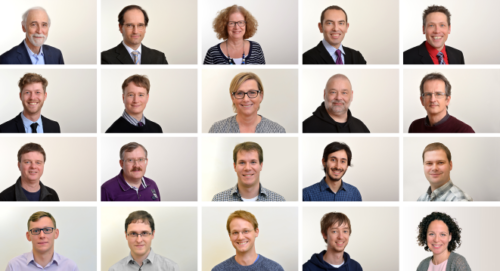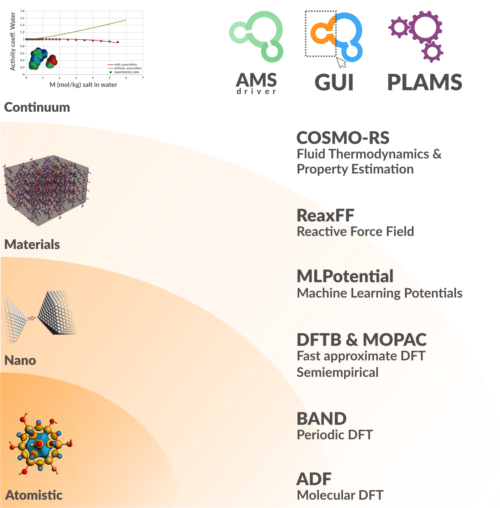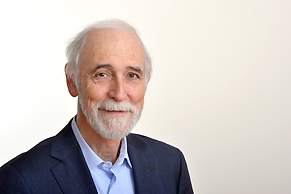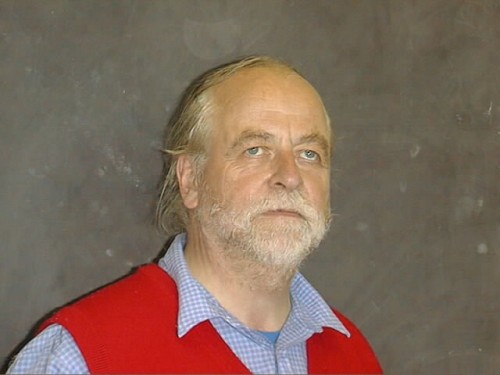About us
Scientists at SCM are passionate about Making Computational Chemistry Work For You, to help your research and development. We feel strongly about developing user-friendly and powerful software, to make your research life easier. We always value feedback on how to further improve our software in terms of capabilities, speed and usability!
